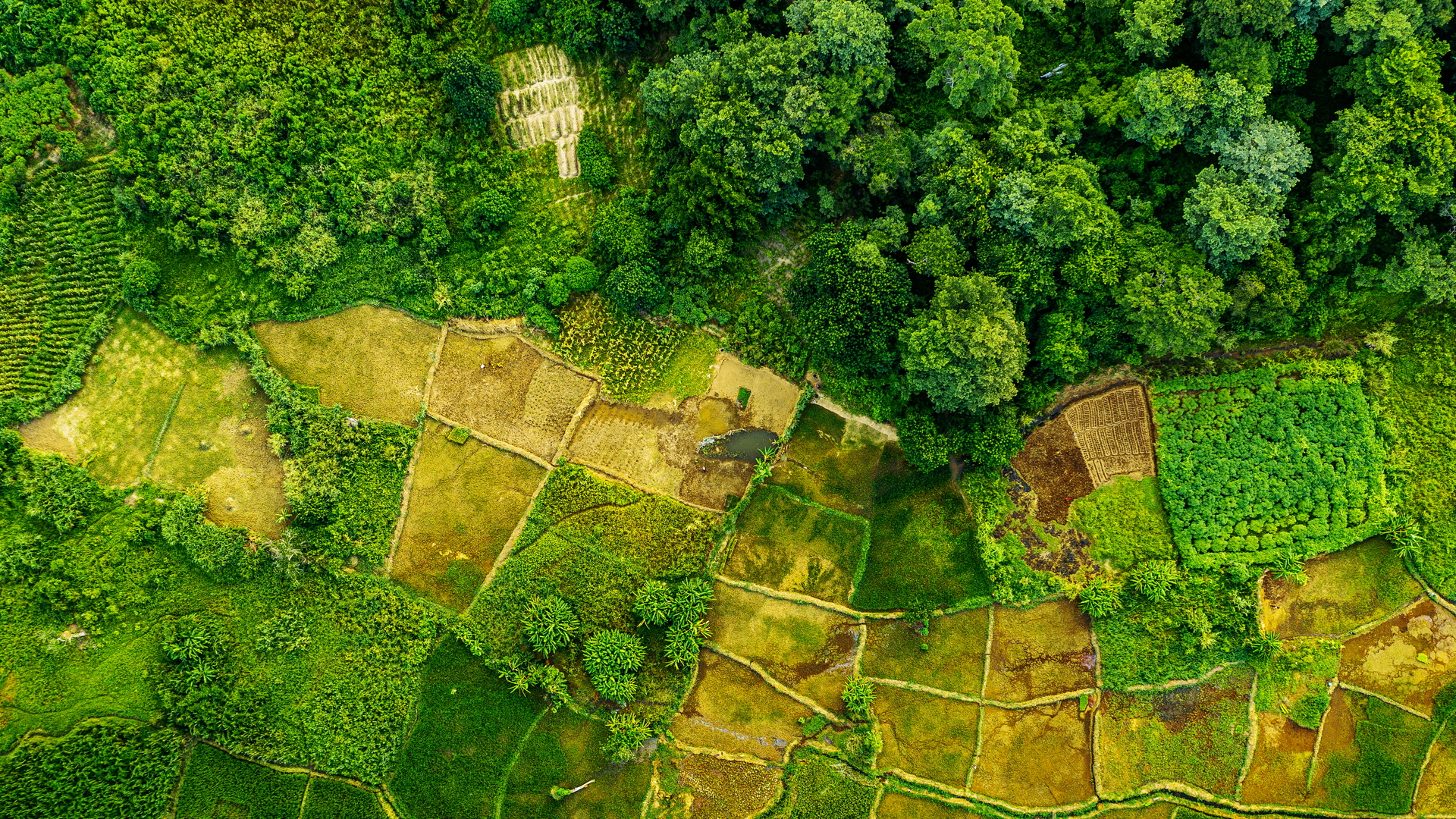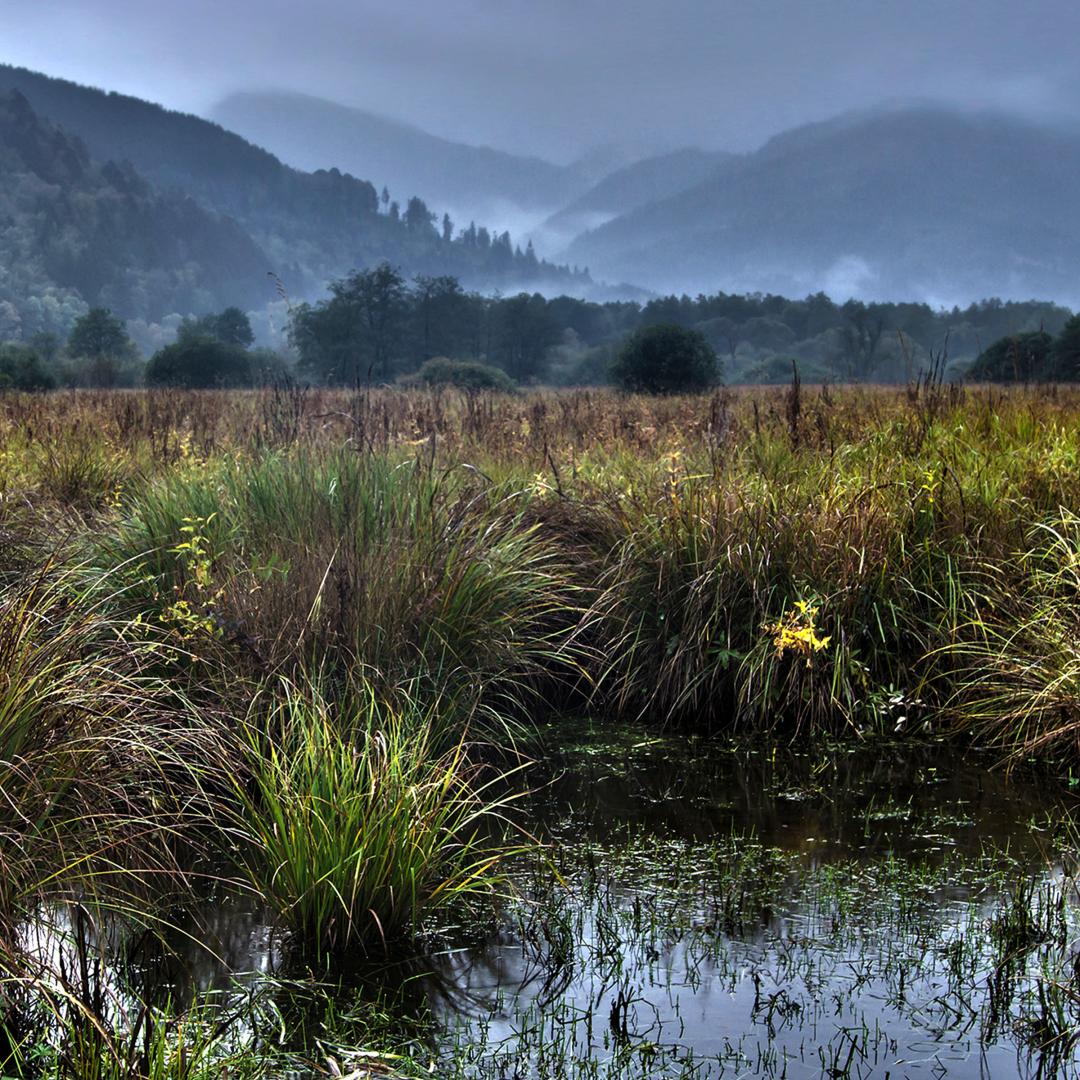


Michael Dioha, Ph.D., works at the intersection of research, policy, and real-world solutions. He is currently a Senior Energy Researcher at Clean Air Task Force, where he focuses on energy systems analysis and modeling, Africa’s energy transition, and energy policy and planning. At Project Drawdown, he contributes to efforts in assessing climate solutions in the electricity sector. Previously, Michael was a postdoctoral researcher at the Carnegie Institution for Science, where he studied the role of electric vehicles in deeply decarbonized electricity systems. He has worked on global projects, collaborating with experts from diverse backgrounds and advising organizations such as the International Renewable Energy Agency. His research is widely published in reputable academic journals, and he serves on the editorial board of Environmental Research Letters.

Michael Dioha, Ph.D.
EVs are a small part of the better transportation system we all deserve
Imagine yourself on your dream vacation. Perhaps it's a relaxing all-inclusive resort in the Caribbean or an excursion to a remote campsite.
Or maybe it's an urban adventure to Paris or Barcelona. People have very different tastes in the places they like to go to relax and unwind. But many of the most popular vacation destinations have something important in common: When you get there, you don’t have to do much driving.
Project Drawdown announces a new initiative focused on solutions at the intersection of humanity’s greatest challenges

Humanity faces many challenges today, and all connect with each other in some way.
Recognizing the numerous interactions among climate change and other existential threats, Project Drawdown is launching a new initiative to identify and advance technologies and practices that not only reduce the threat of climate change, but enhance human well-being and protect ecosystems at the same time.
The initiative, known as Drawdown Nexus, aims to dramatically expand humanity’s capacity to advance sustainable development, protect biodiversity, and mitigate climate change together. Margaret A. Cargill Philanthropies and the Doris Duke Foundation are providing initial funding.
“Solving climate change is essential to building a future we and our children can live with,” says Project Drawdown executive director Jonathan Foley. “But without simultaneously addressing biodiversity loss and human well-being, what kind of a future are we really saving? Drawdown Nexus will identify and coalesce action around much-needed ‘win-win-win’ opportunities to benefit people and our planet in multiple ways at the same time.”
Drawdown Nexus builds upon prior collaborations with universities, Natural Capital Insights, and USAID. It aligns with a number of science assessments from IPBES and others that increasingly recognize the value of tackling climate change, biodiversity loss, and threats to human well-being together. But it will go beyond these efforts by collaborating across levels of influence, from local to global, to create and disseminate tools for identifying and prioritizing the full spectrum of possible solutions.
As an example, senior scientist Paul West, who is leading the Drawdown Nexus initiative, cites Project Drawdown’s long-standing work to stop deforestation, eat healthier diets, and reduce food waste. “Improving people’s lives, protecting nature, and stopping climate change are interwoven challenges. Solutions need to be interwoven too,” he says. “A wide range of solutions, such as reducing food loss and waste, stopping deforestation, and increasing access to affordable clean energy can all provide triple wins. In many places, realizing these triple wins requires understanding which climate and biodiversity solutions – and where – can meet people’s needs quickly. We aim to develop tools to help drive action and accelerate progress to meet all three challenges.”
Project Drawdown is the world’s leading resource for climate solutions. Sign up today to receive our biweekly newsletter filled with insights and inspiration to guide you on your climate solutions journey.
Support Family Planning & Education

Produce Biochar

Deploy Biomass Crops on Degraded Land

Restore Abandoned Farmland

Deploy Seaweed Farming

